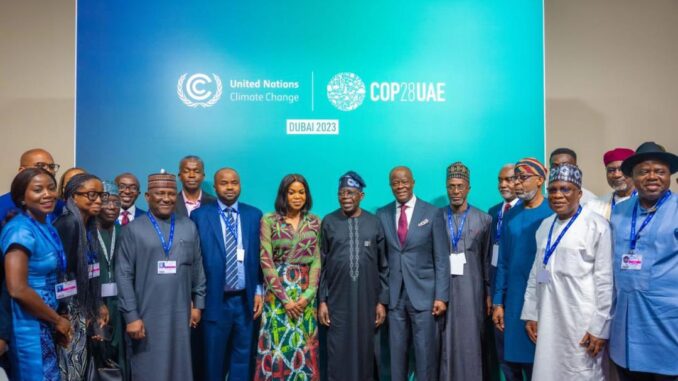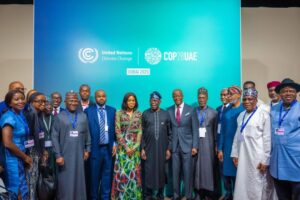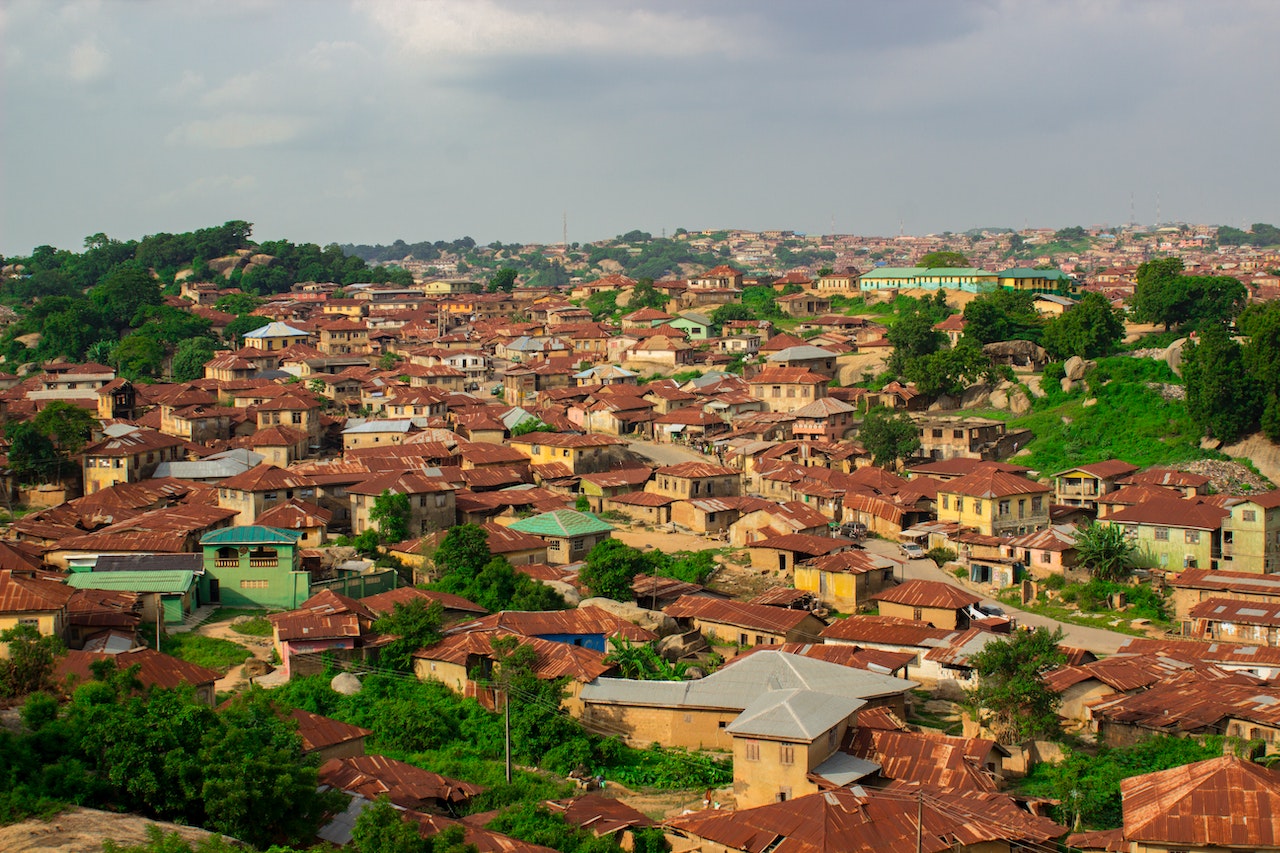

As we prepare to attend COP28, the 2023 United Nations Climate Change Conference in the UAE, we have the opportunity to help shape policies and partnerships that can drive technological innovation across the continent. Africa remains the region with the least access to modern energy services, and lags in the adoption of renewable energy and artificial intelligence solutions that could help address critical challenges.
However, COP28 brings leaders and stakeholders together from government, business, and civil society to discuss solutions for transitioning to sustainable energy and building resilience in the face of climate change.
By forging new alliances and securing funding for pilot programs in AI and renewable energy, COP28 can put Africa at the forefront of sustainable technology and development. The conference provides a platform to share knowledge, foster collaboration, and empower local innovators to develop contextually appropriate solutions for communities across Africa.
With the world watching, COP28 is a chance for global partners to invest in Africa’s future by advancing AI and renewable energy projects that can improve lives, drive economic growth, and ensure a more sustainable future for generations to come. Overall, our participation in COP28 this year could help catalyze real progress on technology access and climate adaptation across Africa.
COP28: A Critical Moment for Climate Action in Africa
The United Nations Climate Change Conference of Parties (COP) in 2023 will be a pivotal moment for Africa. COP28 presents an opportunity for African leaders to spotlight key priorities, including expanding renewable energy and accelerating the development of artificial intelligence (AI) solutions across the continent. Transitioning to renewable energy and scaling AI will drive economic growth and improve lives in Africa.
However, African countries face unique challenges in adopting new technologies, including lack of infrastructure, limited access to capital, and scarce technical skills. COP28 is a chance for global leaders to identify ways to surmount these roadblocks, through measures such as:
- Increased investments in African energy and technology startups. Global venture funds can target African companies commercializing renewable energy and AI innovations.
- Partnerships between African governments and tech companies. Public-private collaborations can develop regulatory sandboxes, data policies, and training programs to enable new technologies.
- Commitments to technology and skills transfers. Wealthier nations with expertise in renewables and AI can pledge to share knowledge and train African scientists and engineers.
With the world’s eyes on COP28, African leaders have an opportunity to put forward an ambitious vision for a sustainable and tech-enabled future across the continent. By working with global partners to accelerate the adoption of renewable energy sources and AI, African countries can achieve economic and social transformation that benefits both current and future generations. COP28 is a chance to turn this vision into action.
The Role of AI and Renewables in Africa’s Sustainable Development
The sustainable development goals outlined in the Paris Agreement and promoted by COP28 rely heavily on the adoption of new technologies across Africa. Artificial intelligence and renewable energy are two areas that can drive substantial progress.
The Promise of AI for Development
Artificial intelligence has the potential to solve many problems in the developing world. AI systems can analyze health, education, and economic data to determine how to most efficiently allocate limited resources. They can improve agriculture by analyzing weather data, soil conditions, and crop yields to provide highly customized advice for farmers. AI also powers many new renewable energy technologies and smart grid systems. With proper safeguards and oversight, AI can be harnessed to benefit humanity in a sustainable, ethical way.
The Shift to Renewable Energy
Africa has an opportunity to bypass outdated, polluting energy sources in favour of renewable alternatives like solar and wind. The continent has abundant renewable resources, and the falling costs of solar and battery technology makes these options cost-competitive. The transition to renewables can drive job growth in manufacturing, construction and other fields. It can also improve public health by reducing pollution from fossil fuels.
COP28 aims to mobilize financing and political will for new technologies that can drive sustainable development. AI and renewable energy should be at the forefront of these efforts, as they can accelerate progress across Africa and safeguard the environment for future generations. With the right investments and policies, these technologies can achieve their promise.
Challenges and Opportunities for Scaling AI and Clean Energy Across the Continent
There are several obstacles facing the widespread adoption of AI and renewable energy solutions in Africa. However, COP28 presents a chance to make progress in surmounting these difficulties.
A lack of infrastructure and limited access to reliable electricity are significant challenges. Many parts of Africa have little to no access to stable power grids, making it difficult to operate advanced technologies. COP28 delegates could work to garner funding and resources to expand sustainable energy systems across Africa.
There is also a shortage of data scientists and AI experts on the continent. COP28 organizers may explore ways to improve access to STEM education and support programs that will help develop local talent in these fields.
Partnerships with global tech companies could also help train African data scientists.
Policy and regulation around data privacy, security, and AI ethics are lacking in many African nations. COP28 leaders have an opportunity to share best practices and work with governments to establish clear guidelines on these critical issues. Strong policy frameworks are necessary to enable the responsible development of AI.
While obstacles are plentiful, the potential benefits of accelerating AI and renewable energy in Africa are equally substantial. By improving infrastructure, access to education, policy frameworks and global partnerships, COP28 could set the stage for technology to drive sustainable growth and opportunity across the continent. Overall, the challenges are significant but surmountable with a coordinated global effort focused on enabling African nations to reap the rewards of the digital age.
Conclusion
As COP28 takes place, the future of AI and renewable energy in Africa remains uncertain. The decisions made at this pivotal conference will shape the trajectory of technological growth across the continent for years to come. Though challenges abound, the potential benefits of leveraging AI and renewable energy are vast. With the world watching, COP28 presents an opportunity for leaders to take a stand for Africa’s future and provide the funding, policy changes, and partnerships necessary to unlock innovation.
The people of Africa deserve the chance to participate fully in the global economy, and technology may finally provide the means. By driving AI and renewable energy solutions, COP28 can transform lives, create new opportunities, and help achieve sustainable development across Africa. The time for action is now.

1 Trackback / Pingback